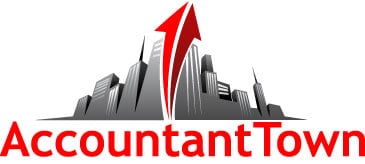IFRS 5: Non-current assets held for sale and discontinued operations
The International Accounting Standards Board (IASB) released International Financial Reporting Standard 5 (IFRS 5) to address the topic of non-current assets that are held for sale as well as discontinued operations.
When a business holds these types of assets, they should be treated differently than a part of the business in which the company has the intention and plans in place to continue operating.
The standard was create based on the concept that to not separately disclose this intended discontinuation would be misleading to the shareholders. As companies often do not put forth effort to maintain the long-term viability of these assets, but rather maintain them until sold. Similarly, investors and analysts specifically will project estimates of a company’s future earnings which have a strong correlation to the price in which they are willing to pay for the company’s stock.
When a company decides to place assets under the classification of held for sale or discontinued, the IASB’s main concern is that they are not artificially marked up to what the company thinks they can get for them or some other amount. They should be valued at the lower of FMV minus cost to sell, or the assets historical carrying value. Note that as assets are normally carried at historical value, this means that they can only be written DOWN, and generally a pessimistic valuation of the assets to be sold. By performing the calculation in this way, there is a bias which helps the risk that massive losses not be taken upon sale of the operating segment.
IFRS are principles based standards, rather than strict rules based standards that govern international accounting. IFRS standards differ from IAS standards in that they began being introduced in 2001, whereas IAS were produced prior to this date by the IASC, or the International Accounting Standards Committee. Therefore when an IFRS standard and an IAS standard conflict, the IFRS is generally more authoritative due to being more recent.
Accounting made easy, for FREE!

Access the contact form and send us your feedback, questions, etc. We are always welcome to help someone out. You can also contact us if you wish to submit your writing, cartoons, jokes, etc. and we will consider posting them to share with the world! The Facebook and LinkedIn groups are also good areas to find people interested in accounting like yourself, don’t hesitate to join as everyone of all levels are welcome to become part of the community.

